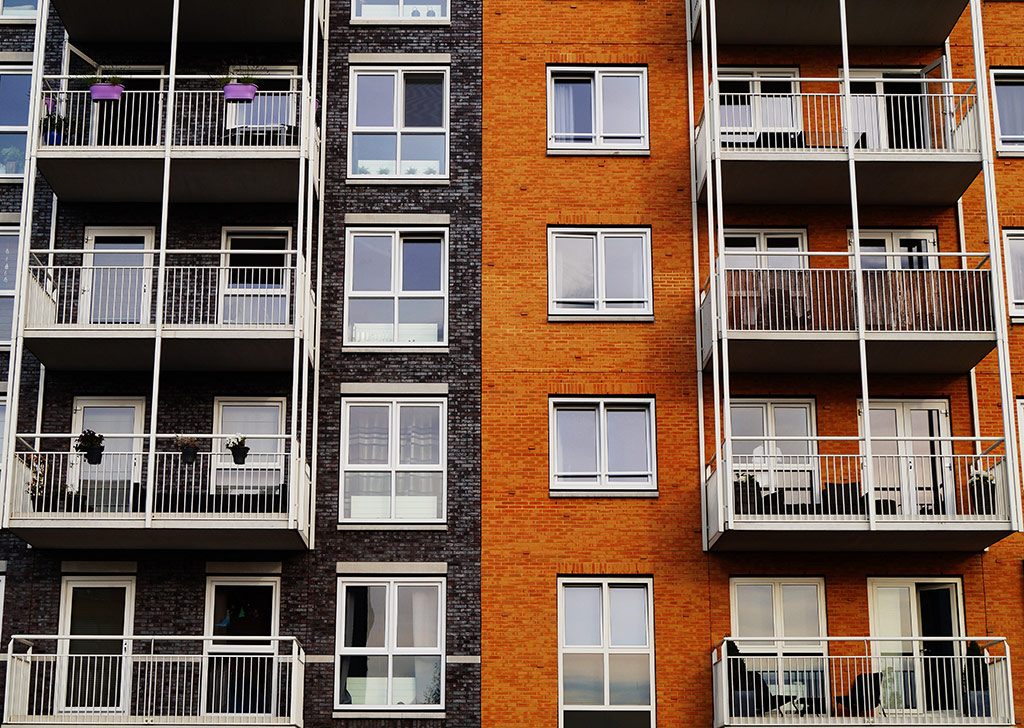This information should not be interpreted as financial, tax or legal advice. Mortgage and loan rates are subject to change.

As of last week, the first of October, the Stamp Duty Land Tax (SDLT) holiday has ended. This means landlords will return to paying the SDLT rates that were applicable before the pandemic.
Achieved goals
The SDLT holiday was introduced in July 2020 by the government, in an attempt to reignite the property market, secure economic growth and recuperate some of the pace lost during initial lockdowns.
While it can be argued that it did achieve these goals, it also created some fierce competition when it came to the available property stock, with average asking prices increasing across the UK by just under £10,000.
Alongside this, estate agents and solicitors were bombarded by waves of clients hoping to sell or buy during this time, pushing fiercely to meet the various deadlines in the hope of saving money.
Stephanie Boyce, president of the Law Society of England and Wales, commented on the immense pride in solicitors up and down the country on how they handled the extra workload:
“I am extremely proud of the hard work and dedication demonstrated by conveyancing solicitors since the stamp duty land tax holiday began. They helped ensure buyers could complete their moves, despite operating under immense pressure and in the most challenging circumstances with pandemic restrictions”.
Moving forward
New data from property portal Rightmove suggests that the new SDLT charges will apply to 91% of homes listed currently.
With demand continuing to outpace supply currently, property prices are still higher than we would expect for this time of year.
Rightmove says just 9% of the properties they have listed have asking prices below the £125,000 which would be exempt from stamp duty, only paying the additional home surcharge as landlords.
There are 52% of properties available that are £300,000 or less, which could be exempt from SDLT if purchased by first-time buyers, a concession that unfortunately doesn’t apply to landlord purchases.
Landlord response
While it can be clear to see that some landlords have made use of the lack of SDLT to pay a reduced tax amount in purchasing property in the last 14 months, others are not so positive.
Some landlords are concerned that the holiday will have a lasting impact on the property market, frustrated for those who have needed to move for relocation reasons being caught in the confusion or for first time buyers who have watched prices soar out of their reach.
They note that without the SDLT costs to pay, the property price has effectively risen by the same percentage.
Other raise concerns about “overvalued” properties and how this will affect borrowing in the future when it comes to remortgage or reselling.





